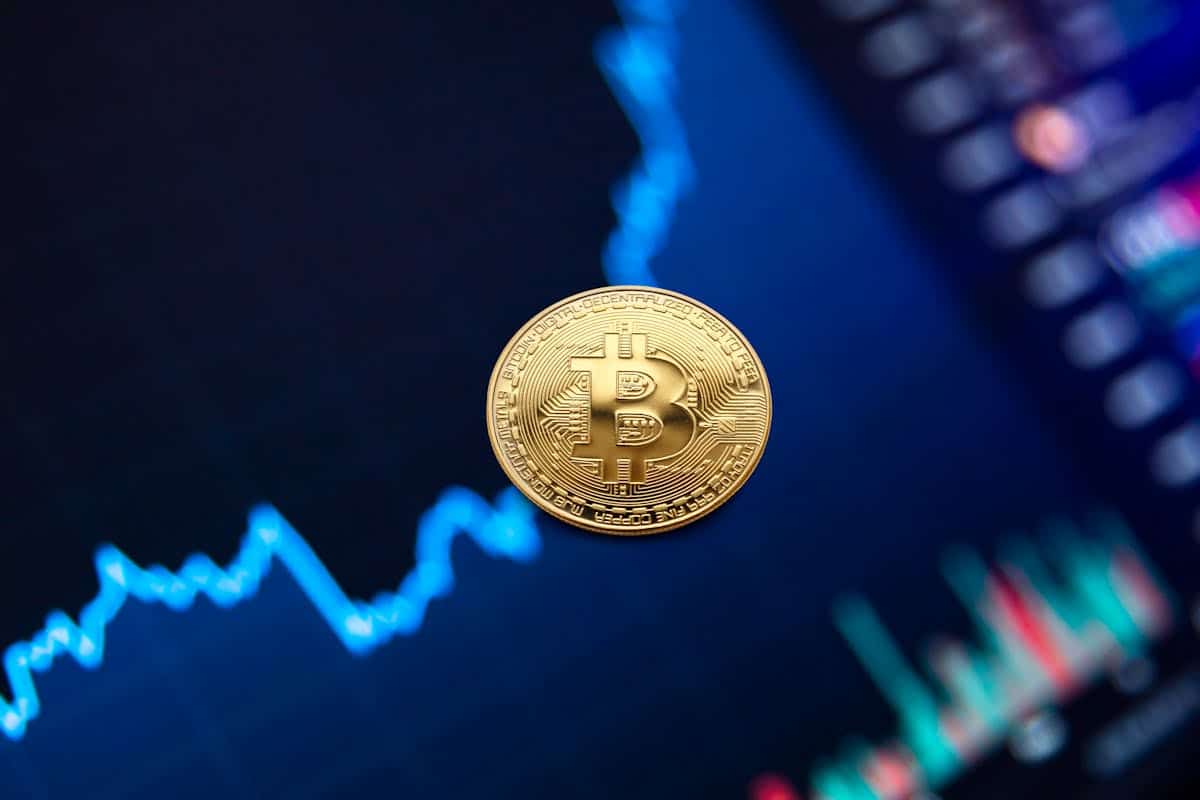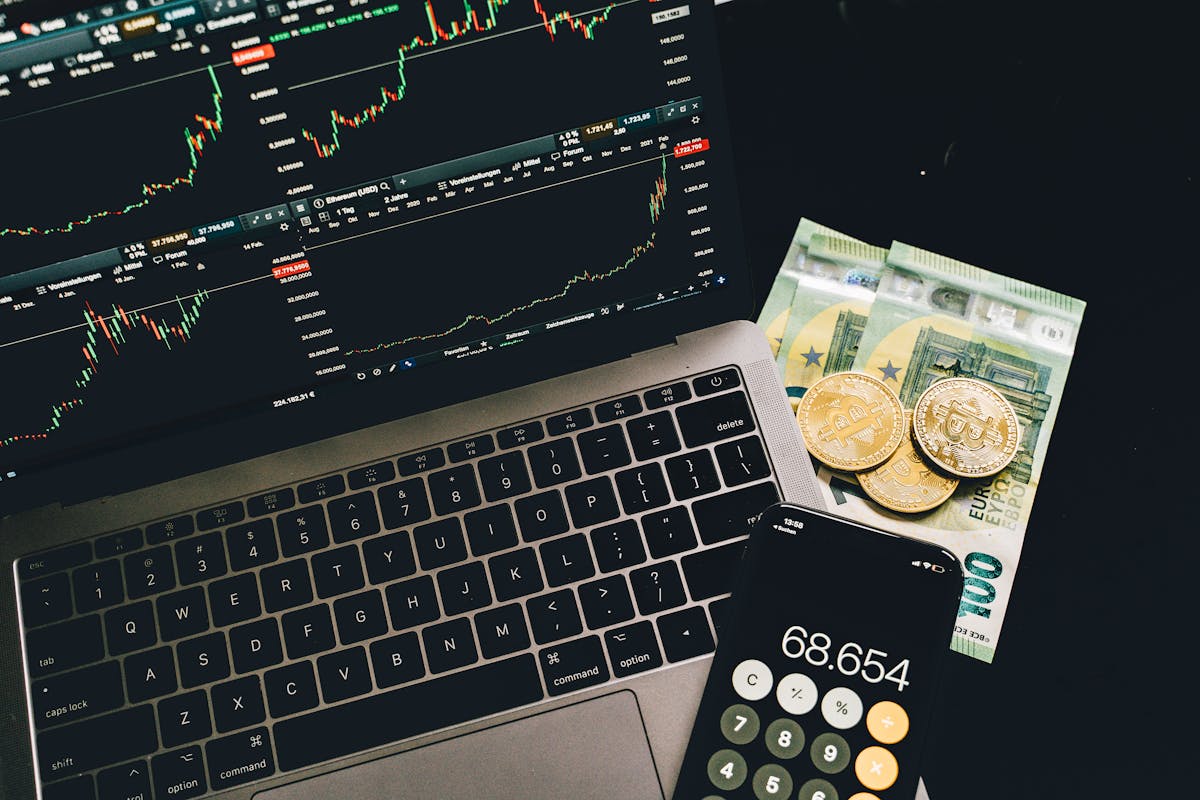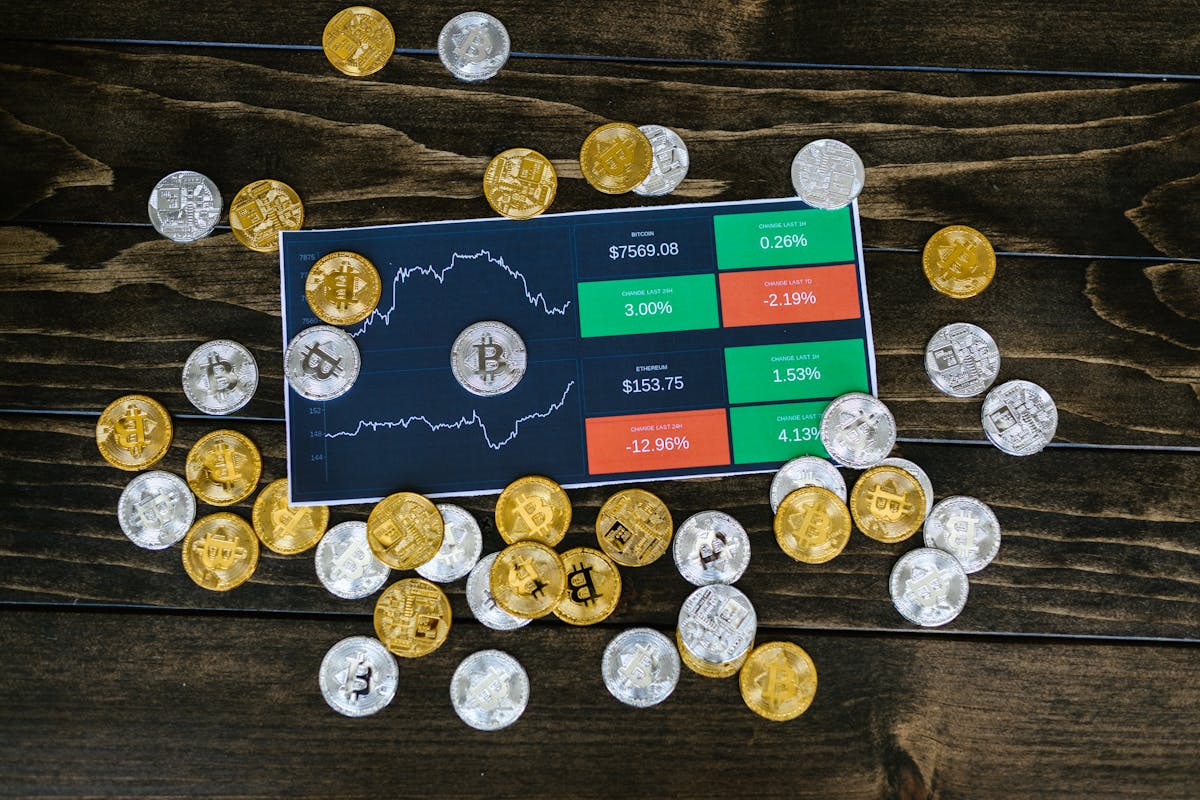
Navigating DEXS: Best Practices for New Traders
Decentralised exchanges (DEXS) are changing cryptocurrency trading. They eliminate middlemen and give control back to traders. DEXS uses smart contracts and blockchain protocols. They enable peer-to-peer transactions without a central authority. Unlike centralised exchanges, DEXS offer more freedom and control.
While DEXS offer more control and privacy, they also come with their own learning curve, especially for newcomers. This guide covers the basics of decentralised exchanges. It outlines key practices, common pitfalls, and advanced tips. New traders can use this information to enter the space confidently.
Why It Matters
Understanding the Value of DEXS in the Crypto Ecosystem
Decentralised platforms are becoming more popular. This is due to rising regulatory pressures and growing demand for autonomy. DEXS like Uniswap, SushiSwap, and PancakeSwap have enabled billions in trades. They let users keep full control of their assets.
Why is this important? Understanding DEXS opens doors to new token opportunities. It also helps protect your assets. In this space, you are responsible for your own security and transactions.
Navigating DEXS is key for anyone serious about crypto. You might want to avoid the limits of centralised platforms or access early-stage tokens.
Key Benefits of Using Decentralised Exchanges

1. Full Custody of Your Assets
DEXS doesn’t hold your funds. You maintain control over your wallet and private keys, significantly reducing counterparty risk.
2. Permissionless Access
Anyone with a compatible wallet (like MetaMask or Trust Wallet) and internet connection can trade. No registration or identity verification is required.
3. Wide Token Availability
DEXS often lists new tokens before they reach centralised platforms. This allows traders to access early-stage projects and unique assets.
4. Censorship Resistance
DEXS use decentralised infrastructure, so they face fewer shutdowns, restrictions, or outside interference.
5. Lower Barriers to Entry for Projects
DEXS let token creators list and share their assets easily. They don’t have to pay high listing fees. This approach boosts innovation and speeds up ecosystem growth.
Additional Expert Tips & Common Mistakes to Avoid
Best Practices for New DEX Users
Use a Reputable Wallet
Start by connecting a secure, non-custodial wallet like MetaMask, Rabby, or Trust Wallet. Ensure your seed phrase is stored offline and never shared.
Double-Check Contract Addresses
Always check that you’re trading the right token. Verify the smart contract address using trusted sources. Good options are CoinGecko or the official project site. Scam tokens often imitate legitimate ones with similar names.
Understand Slippage Settings
Slippage refers to the difference between the expected price and the executed price. For volatile tokens, setting a reasonable slippage tolerance (usually 0.5–1%) helps prevent failed or unfavourable trades.
Use a Blockchain Explorer
Track your transactions in real-time using blockchain explorers (e.g., Etherscan, BscScan). This gives you transparency into gas fees, confirmations, and contract interactions.
Stay Aware of Gas Fees
Gas prices can vary significantly, especially on Ethereum. Monitor fees and consider trading during off-peak times or use Layer 2 solutions like Arbitrum or Optimism to save on costs.
Common Mistakes to Avoid
- Don’t blindly trust any platform or token. Always verify everything. Check token contracts, DEX links, and project legitimacy before you trade.
- Sending Tokens to the Wrong Network: Always confirm that your wallet is set to the correct blockchain (e.g., Ethereum, BNB Chain, Arbitrum). Sending assets to the wrong network can result in loss.
- Ignoring Token Liquidity: Low-liquidity pools can lead to slippage or failed trades. Check the liquidity stats before executing a large order.
- Failing to Monitor Approval Permissions: DEXS require token approvals before trading. Periodically revoke unused permissions via tools like revokecash to enhance wallet security.
- Using Unsustainable APY Platforms: Yield farming or liquidity mining platforms promise high returns. However, they also carry significant risks. Do your own research before participating.
Advanced Insights and Expert Recommendations
Popular DEX Platforms at a Glance
Platform Blockchain Best For Notable Features
Uniswap: Ethereum, Arbitrum, Broad ERC-20 trading, Deep liquidity, ecosystem integration
SushiSwap: Multichain, yield farming enthusiasts, Rewards via xsushi and liquidity mining
PancakeSwap: BNB Chain, Low-fee trading, Staking, lottery, NFT support
Curve Finance: Ethereum, others, Stablecoin swapsLow slippage, yield optimisation
1 inch Aggregator: Best execution across DEXS, Smart routing for best prices
Evaluating New Projects on DEXS
When discovering tokens on DEXS, evaluate:
- Liquidity Pool Size: Low liquidity can be risky and cause price swings.
- Tokenomics: Look at the total supply, inflation rate, and vesting schedules.
- Community & Transparency: Are developers visible? Is the project active on GitHub or social platforms?
- Audit Status: Check if the smart contracts have been independently audited for security.
Consider Using Limit Order DEXS
Most DEXS use market orders. However, platforms like Gelato and CowSwap offer limit orders. This gives users more control over their execution prices.
If you’re just starting:
- Begin with a small amount you can afford to experiment with.
- Choose well-established platforms like Uniswap or PancakeSwap.
- Focus on learning wallet management, transaction confirmations, and how to stay safe.
Getting Started with Confidence

Using DEXS isn’t just a technical shift—it’s a mindset shift. It requires personal responsibility, attention to detail, and an active approach to learning. But the benefits—autonomy, access, and innovation—are worth the effort.
As you gain experience, look into advanced options. These include liquidity provision, yield strategies, and new Layer 2 networks.
By using best practices and avoiding common mistakes, you can protect your assets. This way, you’ll also tap into the full power of decentralised finance. The future of trading is borderless, permissionless, and peer-to-peer—and with the right knowledge, you can be part of shaping it.